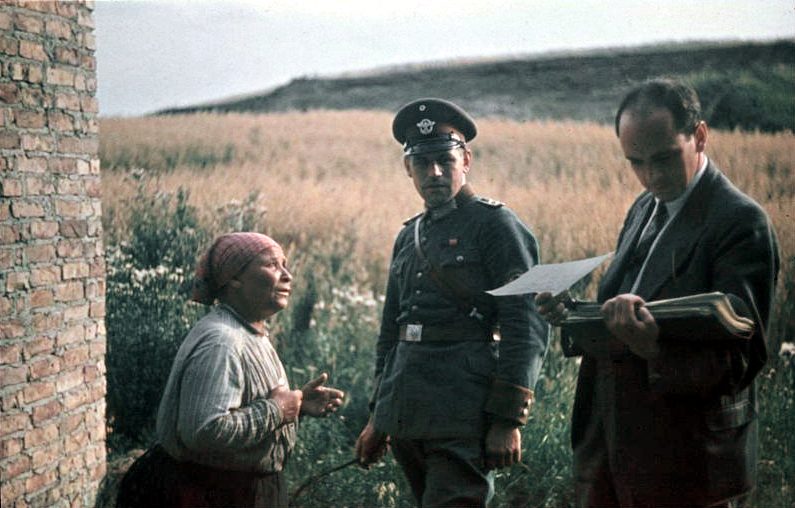PENDARIPEN has participated in the international conference The Legacies of the Romani Genocide in Europe Transnational and Comparative Perspectives, held in Paris from 17th to 18th of February.
This workshop explores the legacies of the genocide of Europe’s Roma in transnational and comparative perspective, with particular interest in three aspects of this history: the production and circulation of knowledge about the genocide from 1945 until today, the ways in which these cognitive frameworks have shaped institutional and legal practices, and the individuals and communities (Roma and non-Roma) whose personal histories intersected with – and shaped – these transformations of knowledge and institutions since 1945.
The conference was organised by Celia Donert, Eve Rosenhaft, and Ilsen About, as a result of a partnership with the network Legacies of the Roma genocide in Europe since 1945, the University of Liverpool, and the Centre Georg Simmel (CNRS/EHESS).
The sessions of the first day were distributed in two panels:
Panel 1: Producing, Circulating, and Silencing Knowledge about the Genocide of Roma, Chair: Henriette Asséo
- Mikhail Tyaglyy: Post-war Soviet investigations of Nazi killings of the Roma and the myth of the Great Patriotic War
- Viorel Achim: The attitude of the Romanian authorities and Roma organizations to wartime deportees to Transnistria, 1945-1948
- Pavel Baloun: “(Special) schools” and “(labour) camps”: On the question of (dis-)continuities in Czechoslovak anti-Gypsy measures, 1918-1958
Panel 2: Personal Histories in the Shadow of Genocide, Chair: Ilsen About
- Licia Porcedda: Rosina and the others: The internment of Roma and Sinti in Italy during World War Two
- Helena Sadílková: The post-war migration of Roma from Slovakia to the Czech Lands as a legacy of the genocide
- Paola Trevisan: Under an assumed name: A Croatian Roma family in Italian Fascism and after
The next day, there were three panels:
Panel 3: Collective Memory and the Construction of Romani Identities in Postwar Europe, Chair: Michael Stewart
- Théophile Leroy: Identity construction and collective memory. The case of release requests of interned Roma and Sinti in France, 1940-1946
- Petre Matei: Roma survivors in communist Romania. From making money to making justice?
- Danijel Vojak: Collective memory and the selective commemoration of Roma victims (Samudaripen) in socialist Croatia, 1945-1991
Panel 4: Memories of the Romani Genocide: Transnational Circulations, Chair: Eve Rosenhaft
- María Sierra: The memory of the Roma genocide as a transnational matter: A conversation between Ionel Rotaru and Nico Rost (1963)
- Ioanida Costache: “Hear the winds blowing”: Remembering the Romani Holocaust in Romania
- Slawomir Kapralski: The memory of genocide and contemporary Roma identities
Panel 5: Representing the Romani Genocide in (Post-)Communism, Chair: Celia Donert
- Andrej Kotljarchuk: Give genocide a name: Representations of the Nazi genocide of Roma in Soviet and post-Soviet feature films and teleplays
- Ljiljana Radonić: Representations of Roma in post-communist memorial museums
 A visit to the exhibition Ceija Stojka, une artiste rom dans le siècle (in La Maison Rouge) was the finishing touch of the workshop. During these last weeks, the life and work of this Romani artist and survivor from the nazi genocide has become a major focus of attention in the French cultural sphere.
A visit to the exhibition Ceija Stojka, une artiste rom dans le siècle (in La Maison Rouge) was the finishing touch of the workshop. During these last weeks, the life and work of this Romani artist and survivor from the nazi genocide has become a major focus of attention in the French cultural sphere.
The paper presented by María Sierra, The memory of the Roma genocide as a transnational matter: A conversation between Ionel Rotaru and Nico Rost (1963) analyses a personal history which is part of the general history of the Romani genocide. The Dutch writer Nico Rost was one of the earliest promoters of the public memory of the Holocaust. Political prisoner who survived Dachau, he conceived of his duty to the fallen comrades as a fight against the oblivion of their lives and deaths (Goethe in Dachau). In 1963 he met in Paris Ionel Rotaru, a Romanian refugee who founded the Communauté Mondiale Gitane and was a pioneer in the recognition of the Roma genocide. His initiatives moved Rost to write about the mistreatment of the Roma as second-class victims of the Holocaust and to stand up for their rights. Through their conversation, we can go into the political project developed by Rotaru looking to open a transnational space that would guarantee the civic existence and rights of the Roma in post-Nazi Europe. He resignified the idea of Romanestan with both the experience of the genocide during the war and the experience of the persistent anti-Gypsyism in the 1960s-70s. His legacy, besides being considered in relation to the following international Romani movement, allows us to think about the value of political imagination in the construction of Romani modern ethnic identity.



